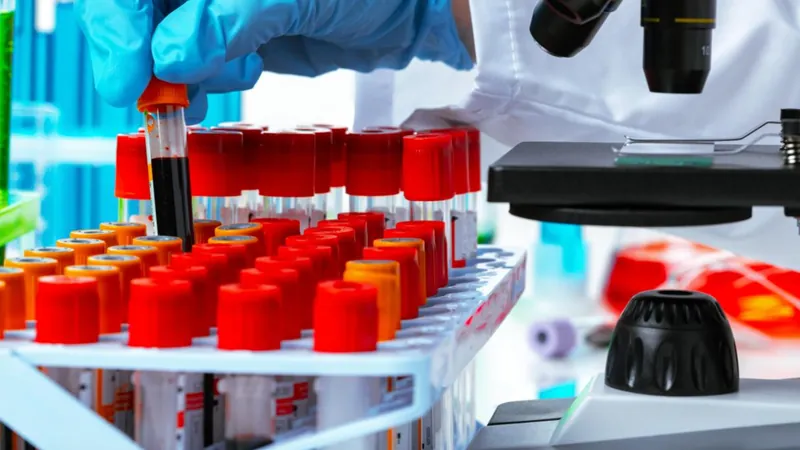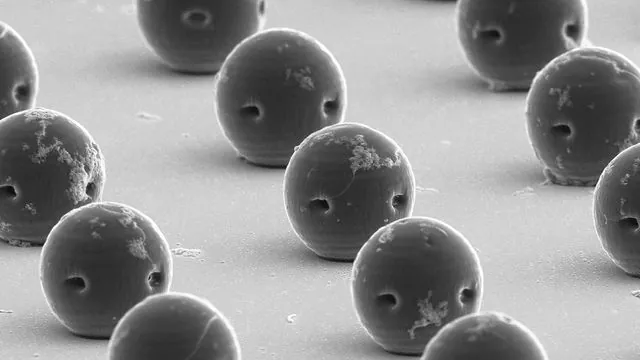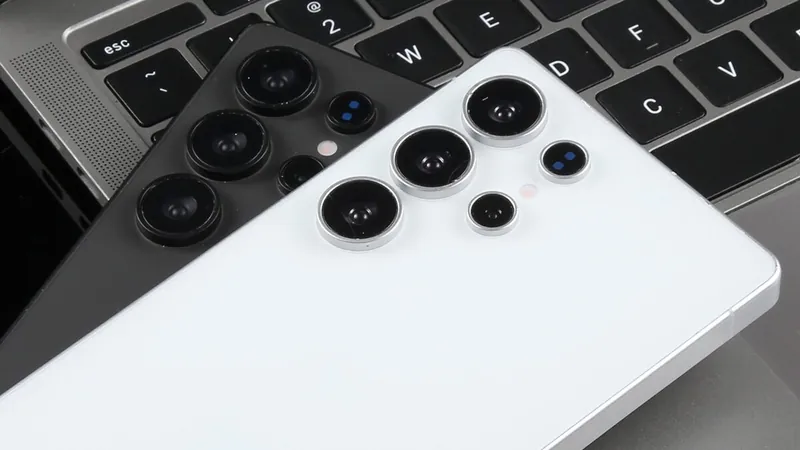
Revolutionary AI-Powered Blood Test Achieves 98% Accuracy for Early Breast Cancer Detection
2024-12-12
Author: Arjun
Revolutionary AI-Powered Blood Test Achieves 98% Accuracy for Early Breast Cancer Detection
A groundbreaking AI-enhanced blood test is set to transform the landscape of early breast cancer detection, achieving an impressive accuracy rate of 98%. This innovative screening method, developed by researchers from the University of Edinburgh, combines advanced laser technology with artificial intelligence, enabling the identification of breast cancer during its earliest stages.
Non-Invasive Approach Detects Cancer at Stage 1a
This new non-invasive technique highlights the critical importance of early detection, especially at stage 1a, when the disease is often undetectable by traditional testing methods. The researchers' ultimate goal is to expand this technology to include screenings for other cancer types, which could revolutionize the way we approach cancer diagnostics globally.
How Does It Work? Unveiling the Science Behind the Test
The test utilizes a method known as Raman spectroscopy combined with machine learning algorithms. In simple terms, a laser beam is directed into blood plasma samples, where it interacts with the blood components. The resultant light is then analyzed to detect minute chemical changes, which serve as early indicators of disease. The integration of machine learning allows for the interpretation of these findings with remarkable precision, distinguishing between different types of breast cancer with over 90% accuracy.
Promising Pilot Study Results Signify a New Era in Cancer Detection
In a promising pilot study, the test was able to differentiate between 12 breast cancer patients and 12 healthy individuals, showcasing its remarkable efficiency at identifying stage 1a breast cancer. Dr. Andy Downes, who led the study, expressed optimism about the potential of this screening approach, stating, "Most cancer-related deaths arise from late-stage diagnoses when treatment becomes more challenging. With this innovative test, we could identify malignancies early when they are much easier to manage."
Potential Impact on Patient Outcomes
Implementing such a test could drastically improve the prognosis for countless individuals diagnosed with breast cancer, as early diagnosis is pivotal for effective treatment and survival rates. Dr. Downes emphasized the necessity of building upon this technology and applying it to a wider array of cancer types to enhance early detection capabilities.
A Future with Multi-Cancer Screening
The implications of this research extend beyond breast cancer. The ongoing focus is on developing a multifaceted cancer screening test that could identify various cancers at initial stages, which would significantly benefit patient management and treatment customization.
This research, published in the prestigious Journal of Biophotonics, reflects the collaborative efforts of several esteemed institutions, including the University of Aberdeen and the Rhine-Waal University of Applied Sciences. The utilization of blood samples from reputable biobanks reinforces the reliability of the findings.
As researchers work toward a multi-cancer test, the potential benefits for patient outcomes remain promising, heralding a new chapter in the fight against cancer that prioritizes early detection and treatment.





 Brasil (PT)
Brasil (PT)
 Canada (EN)
Canada (EN)
 Chile (ES)
Chile (ES)
 España (ES)
España (ES)
 France (FR)
France (FR)
 Hong Kong (EN)
Hong Kong (EN)
 Italia (IT)
Italia (IT)
 日本 (JA)
日本 (JA)
 Magyarország (HU)
Magyarország (HU)
 Norge (NO)
Norge (NO)
 Polska (PL)
Polska (PL)
 Schweiz (DE)
Schweiz (DE)
 Singapore (EN)
Singapore (EN)
 Sverige (SV)
Sverige (SV)
 Suomi (FI)
Suomi (FI)
 Türkiye (TR)
Türkiye (TR)